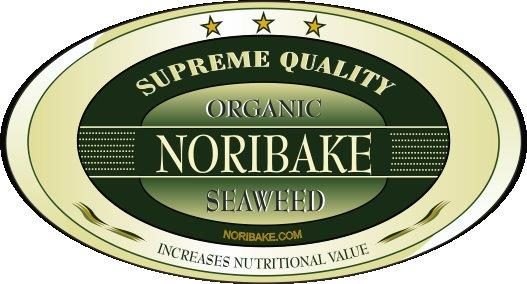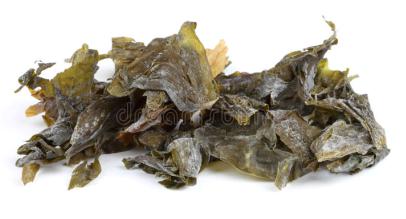Nori Kombu
Kombu, the “King of Seaweeds”, is the basis of Japanese cuisine
Kombu is a type of algae that is found in the sea. It has been used for centuries as a base for broth (‘dashi’) in Asia, as a hearty garnish for rice and other dishes, as a vegetable and a primary ingredient in popular snacks.

